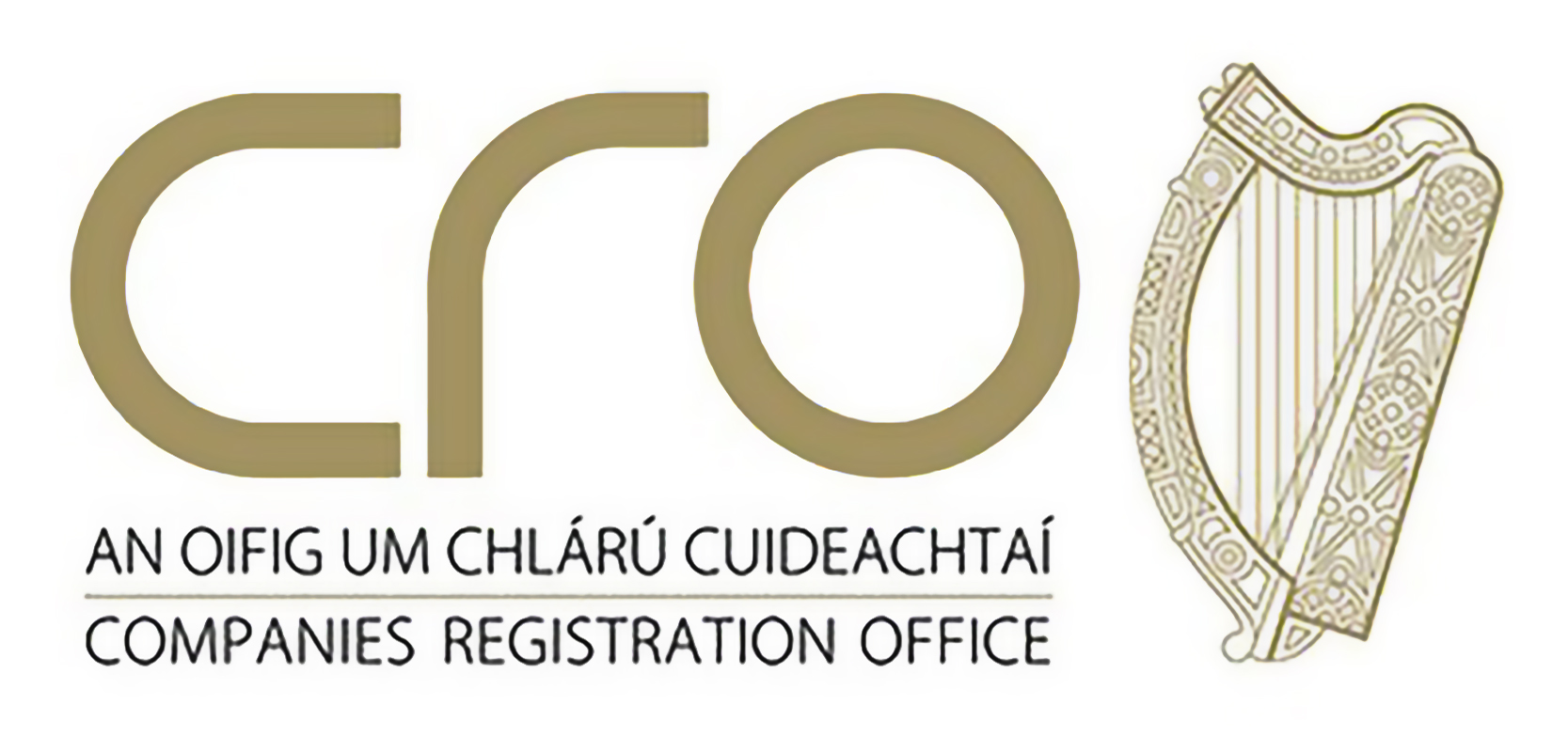
OVER 130 YEARS SERVING THE LEGAL PROFESSION
The Law Searching Portal
for Professionals
The ease of closing search results in seconds, blended with the knowledge, reliability, and security of Ireland’s most experienced law searchers firm (Established 1890)
Welcome to Ellis & Ellis, the home of econveyancing.
Along with our full Town Agency facility, we provide a comprehensive suite of law searcher services for conveyancing and litigation purposes. With our blend of a quick and easy-to-use ordering platform, over 130 years of know-how, and a quality after-sales experience, we provide clients with a superior searching and litigation support service.
Why not join the 1000’s of users who trust Ellis & Ellis to deliver them a competitive edge?
Explore our SERVICE Areas
Why not discover more about our extensive range of searching options. Click on ‘find out more’ for a detailed breakdown of each offering type.
Closing / Conveyancing Searches
Land Registry, Planning & Title Investigation searches
Town Agency
Company & Legal Entity Search
Personal, Debt, Probate, & Asset Discovery Searches
UK, International,
& Miscellaneous Searches
How it all works
Solicitors can request via this on-line portal, all the usual searches types required for the sale of property.
Other searches can also be ordered for use in boundary or title disputes, probate, litigation, fitness and probity and a variety of other matters.
You may register via the ‘register’ icon on the home page, or by contacting us via e-mail at info@ellis.ie, or you can call us at 01 8723460. Once registered, we will do a 2-minute demo to get you started.
When you are ready to order simply log- on, select the search types required. Then fill out the details in the ‘required’ fields; and click on ‘submit’ for results in seconds.
For full comprehensive details of all of our services, costs, benefits, and details please register via the link in the header bar or call us at 01 8723460.
Ellis & Ellis in numbers
HISTORY
In 1890, fourteen years before James Joyce’s Ulysses sent Leopold Bloom on his epic tour of Dublin, co-founder Charles Ellis joined with the already established company of James T. Ellis, Law Searchers to form a new firm Ellis & Ellis (Pedigree, Law & Patent Searching Agents). In the intervening 130 years or so, this fully Irish and family-owned company has continued to serve solicitors and legal professionals, with great pride in its work ethic, traditions, and durability. Ellis & Ellis face into this third century confident in our aim to continue serving the legal profession to the high standards, and reliability that have become our bywords.






